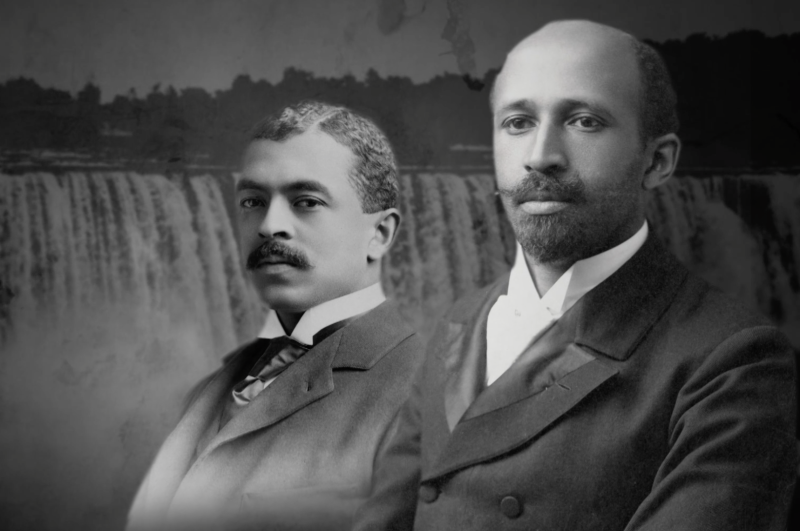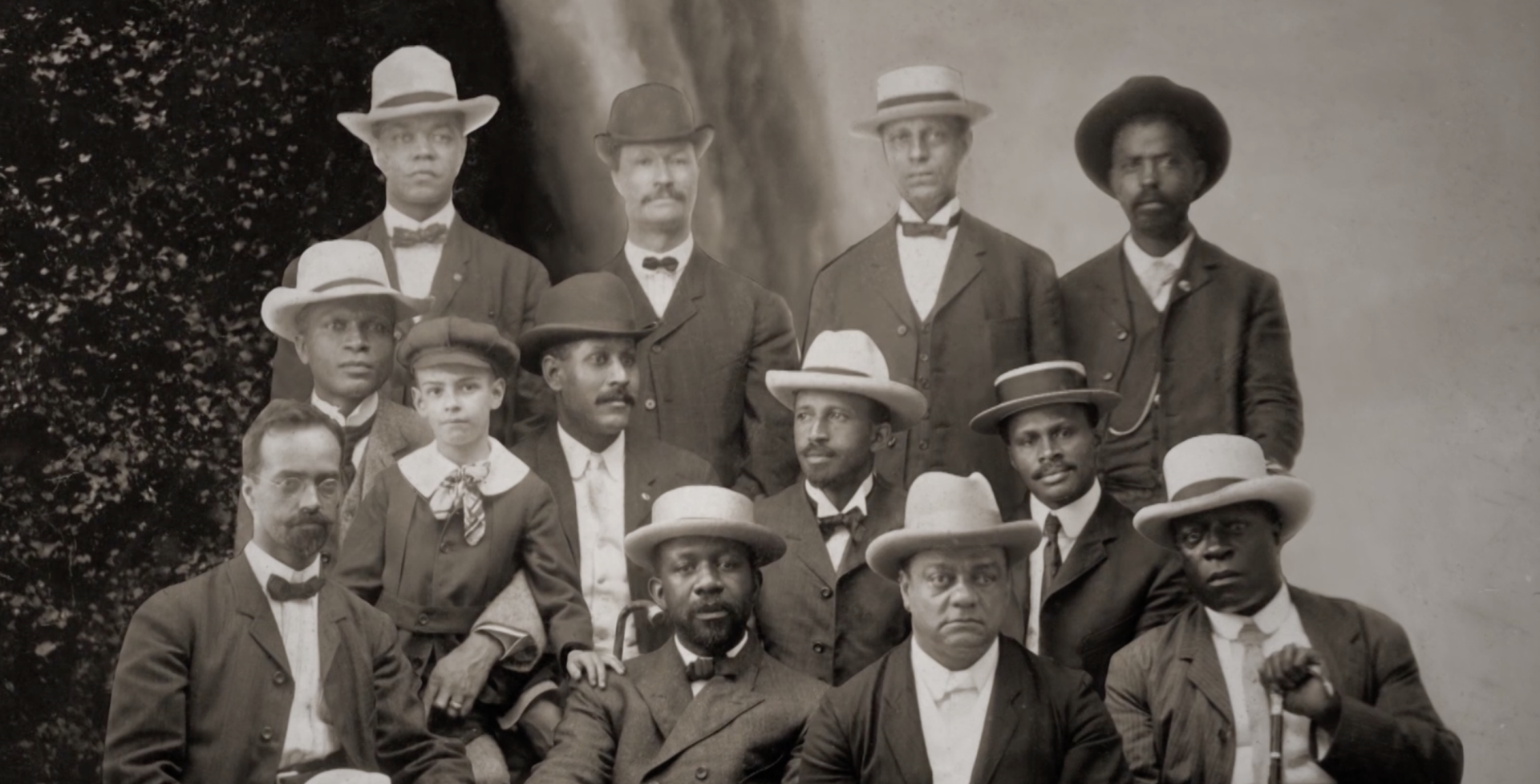In 1906, a Black writer and teacher named Barbara Pope attempted to sit in the “whites only” section of a train in Virginia. Her protest against the Jim Crow laws of the South got Pope removed and fined $10. Determined to fight, Pope sought out assistance from the Niagara Movement, a short-lived but important civil rights group that pre-dated — and helped establish — the NAACP.
Pope, with the Niagara Movement’s assistance, was successful in her bid to get Virginia’s Supreme Court to overturn her fine. The Supreme Court of the District of Columbia also ruled in Pope’s favor in 1907 when she sued the Southern Railway Company, with the Niagara Movement’s backing. Unfortunately, instead of awarding Pope the $20,000 she asked for, the court granted her just one cent in compensation. By the time the cases were over, the Niagara Movement was almost bankrupt and Pope’s reputation was in ruins. She fell out of favor with her family, and her career was over. One year later, she hanged herself in a public park in Virginia.




